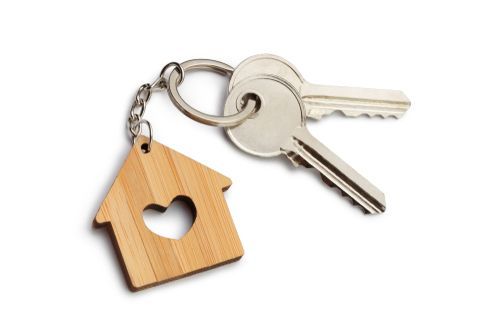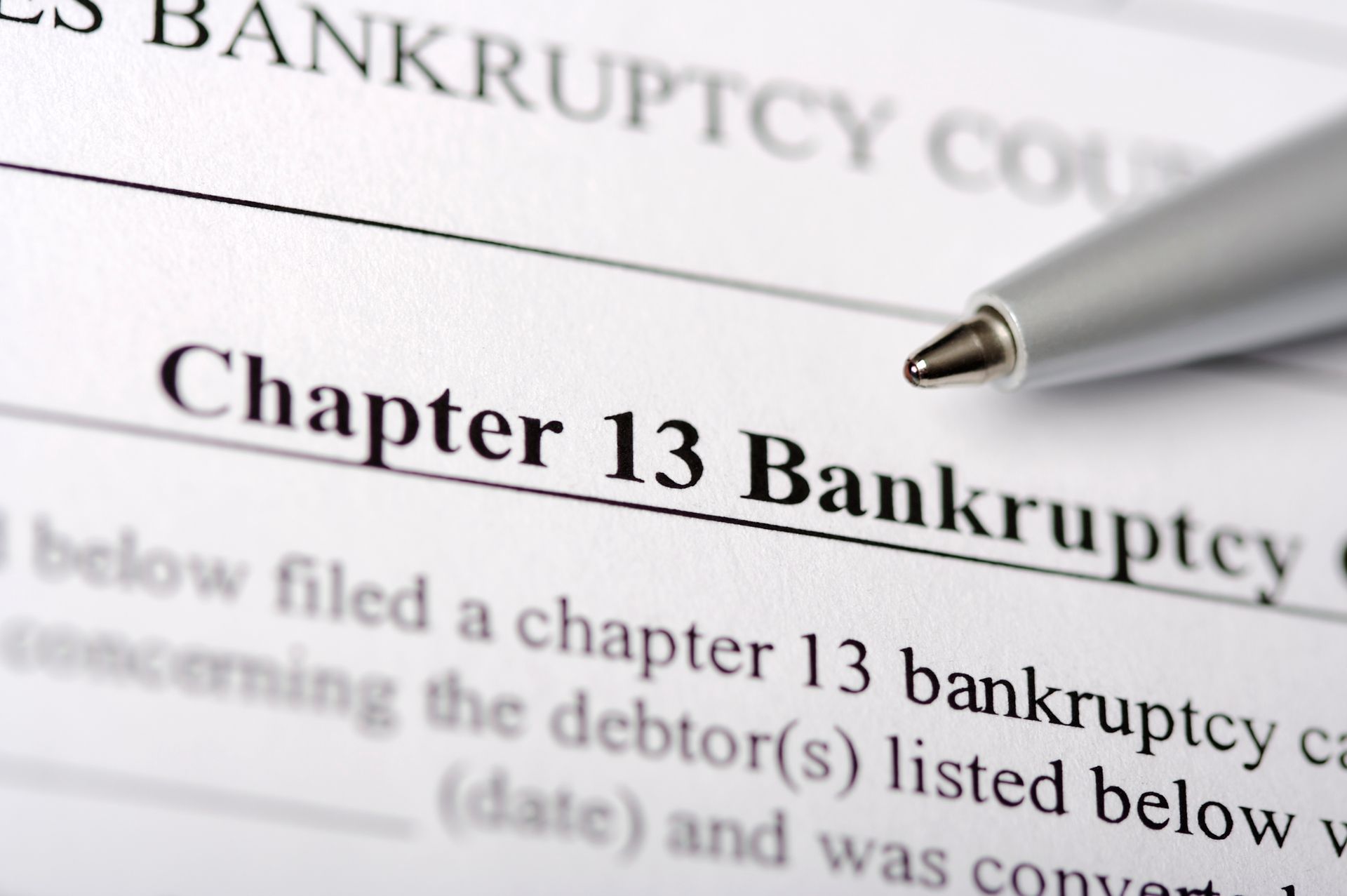NJ Short Sale: Is it Right for You?

A
short sale is when a homeowner sells a property at a price below what they still owe on the mortgage for the home. When your mortgage costs more than the value of your home, it can create a dire financial situation. Is a short sale right for you?
A short sale is when a homeowner sells a property at a price below what they still owe on the mortgage for the home. When your mortgage costs more than the value of your home, it can create a dire financial situation. Many homeowners in this situation have taken out second or third mortgages. They are unable to keep up with the new monthly payments. When a homeowner gets behind on the mortgage, their credit can be affected, along with other negative consequences. A short sale can allow you to move forward with less debt and no mortgage. Here, we will look at New Jersey's short sale process.
1. Do I qualify for a short sale in New Jersey?
In New Jersey, you may qualify for a short sale if you currently owe more on your home than your home is worth AND you can no longer afford the payments. To determine if you owe more on your home than it is worth, you can work with a real estate agent to determine the value of your home. You can also compare your home with similar listings in the area to estimate how much you could get for your home on the real estate market. If the estimated sale price of your home is less than what you owe on the house, it could count as a short sale.
Every situation that will qualify for a short sale is unique. Qualifying for a short sale is determined on a case-by-case basis by the individuals and organizations involved in the short sale. You may be eligible for a short sale if:
- You need to sell your home or want to sell your home because of the financial burden.
- You owe more on your mortgage than the home is worth or is likely to sell for on the real estate market.
- You can prove that you are experiencing a financial hardship that makes it impossible to keep up with your mortgage payments. This hardship could be divorce, medical issues, unemployment or income loss, or the death of a spouse.
Working with an experienced New Jersey real estate agent can help you determine if you are a good candidate for a short sale and if a short sale is your best option.
2. What happens in a short sale?
Step One: Find a Short Sale Specialist
To pursue a short sale, you should find an NJ short sale specialist or a real estate agent experienced with NJ short sales. These professionals will not only treat your case with compassion and understanding, but they will also have expert insights into the short sale process. They can help you evaluate your financial situation, negotiate with your lender, and compile necessary documentation.
Step Two: Gather Paperwork
While your short sale team preparing your property for a short sale application, they will ask you to gather some essential documents to help you prove your short sale qualifications. The documents you need for a short sale application include:
- A mortgage statement
- Two or three months of bank statements
- A month of pay stubs
- Two years of tax returns
Step Three: Accept an Offer
Getting an offer on a short sale home can take days, weeks, or even months. Depending on the property and the state of the local market, this variable can determine how long the short sale process takes. Your short sale specialist will help you determine what offers to accept.
Step Four: Negotiating with the Bank
Your short sale professional will help you submit all the required paperwork to your lender to begin negotiating a short sale. Your lender or bank will send an appraiser to the house to assess the property and determine if the short sale offer is acceptable. If the bank determines the offer is fair, they will send the homeowner a short sale approval letter, including the amount they agree to settle for. The approval letter will also indicate if your remaining debt is forgiven or how much you still owe the lender.
3. Can I sell my home "as is" in a short sale?
Yes. In fact, most properties sold in a short sale are expected to be sold in as-is condition. The reality is that most people who sell with a short sale are experiencing financial trouble that prevents them from making any repairs or improvements before selling the home. There are also typically time constraints involved with a short sale that prevent any major renovations from occurring. If you know you cannot make repairs, listing the home "as-is" should convey to potential buyers that they will be responsible for repairs.
4. What are the benefits of a short sale?
The biggest benefit—and most common reason for a short sale—is to avoid foreclosure. A short sale can be a more appealing alternative to foreclosure. While your lender does not have to agree to a short sale, it is typically in their best interest. Foreclosure can be costly and time-consuming. In most circumstances, lenders understand that they can get more for their investment by agreeing to a short sale. An experienced short sale specialist will know how to present a short sale as a mutually agreeable alternative to foreclosure.
If you are considering a short sale for your home,
Veitengruber Law can help. Our experienced team offers legal advice and guidance on the New Jersey short sale process.










